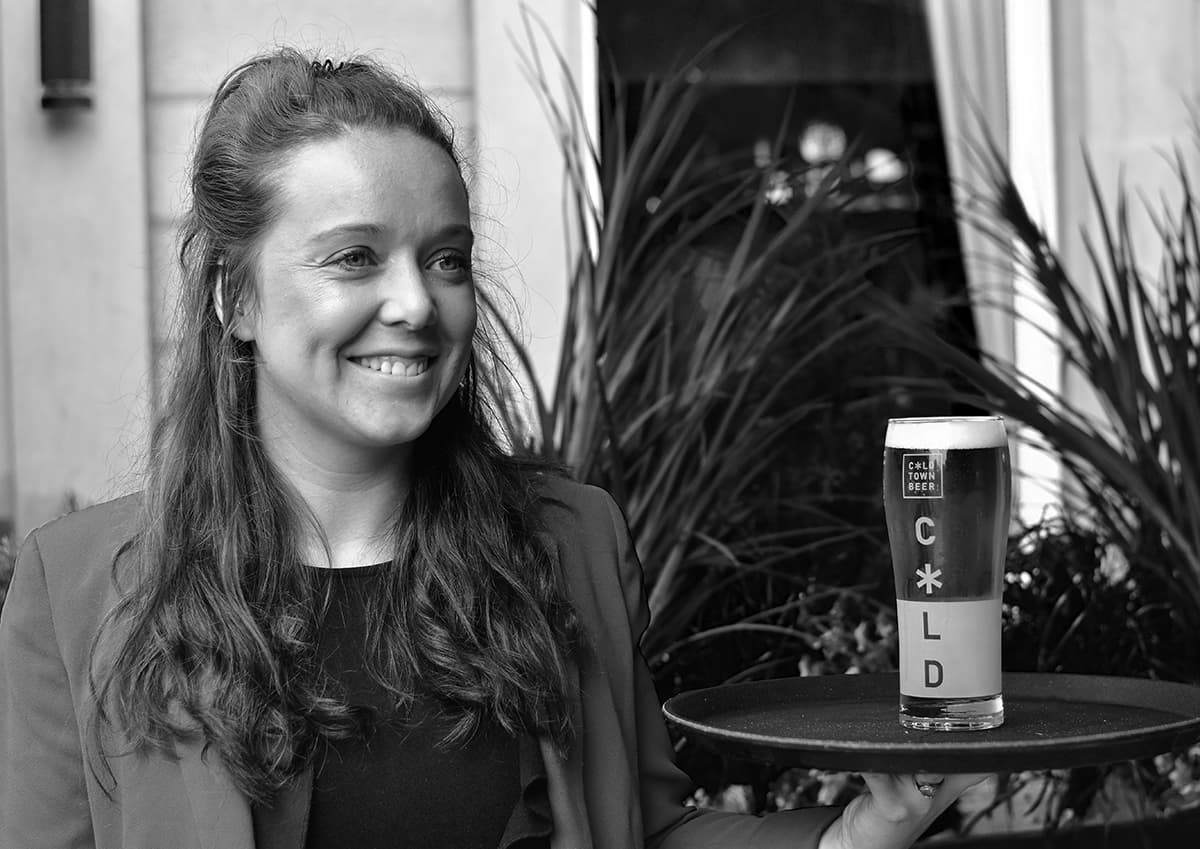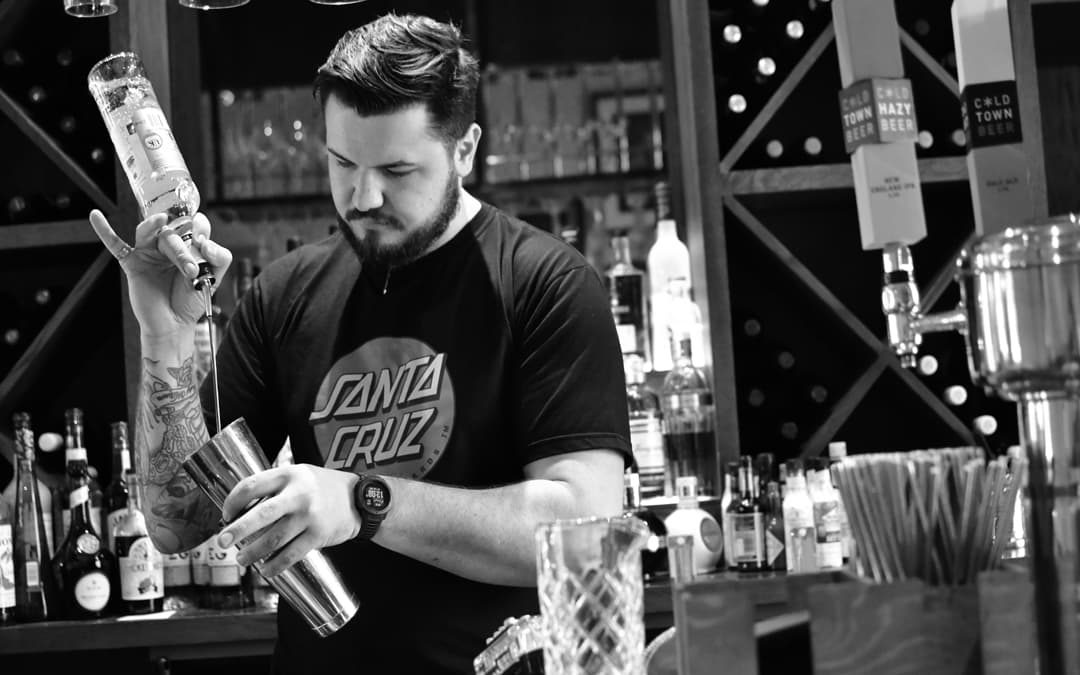Preparing For A Job In Hospitality
We believe in upskilling our team and promoting internally. There are lots of opportunities for career growth here at Signature.
We know that applying for jobs can be daunting, but never fear. We are here to help! We’ve spoken to our own job application experts who have shared their top tips for applying for a job below.
Making Your CV Stand Out
- Our preferred order of a CV is a Personal Statement (a bit about you – tell us who you are in a short paragraph), Work History (a record of everywhere you’ve worked or volunteered including roles and timeframes, and any relevant experience from these roles) and finally your Education (any qualifications you have or are working towards.)
- Keep it to 2 pages maximum. This is standard practice across most industries and companies, so make sure you edit your CV down.
- Make sure you include your contact details, and that details such as your email address are professional.
- It’s important to list every role you’ve had, even if it’s just a line in your CV stating the role, company and time you worked there for. If you have any gaps in your CV make sure you give an explanation for it whether it’s because of studying, travelling, health or other reasons.
- Everything on your CV should be relevant to the job you’re applying to. A common mistake is listing everything you’ve done in every job, which makes it hard for the reader to tell if you have relevant skills for the role you’re applying for. For example, if a job doesn’t mention that you’ll be using excel spreadsheets then it isn’t always worth mentioning it. On the other hand, if a job says you will be speaking to customers then you should try and give relevant examples of times you’ve spoken to customers.
- Any additional information can be included in your cover letter.
- Before submitting it use a spell checker and ask a trusted person to read through your CV. It always helps to have a second pair of eyes read your work to make sure it makes sense.
Is this your first job?
- Although 2 pages is the maximum for a CV, you can keep it to just 1 page.
- You want to focus more on expanding your Personal Statement section. Tell us more about your qualities and why you are looking for a job in hospitality. Is it to improve your skills, for example?
- What hobbies and interests do you have? We’d love to hear more about what makes you tick. It’s especially important to mention if you have any hobbies or interests related to hospitality. If you make cocktails regularly or are a keen home cook then we want to hear all about it!
- Tell us more about your education. What have you studied and what did you enjoy studying? What skills have you learned from your education that you think would be handy in a hospitality environment.
- Have you done any volunteering, or are you a member of any sports clubs / hobby groups? These sort of things show great discipline and should be mentioned.
- Remember – the worst thing that can happen is that we say no. The more that you apply for jobs the more experience you’ll get writing CVs and the better you’ll get at it.

Writing a Cover Letter
A cover letter is one of the most important aspects of applying for a job and it can really make the difference between being asked to come to an interview or not, and yet so many applicants don’t write one.
What is a cover letter? It’s your opportunity to tell a professional employer why you want to work with them and also show exactly who you are. Personality is important in hospitality, so make sure that you show it.
In essence, it’s your opportunity to make yourself stand out from the crowd by giving us a fantastic first impression of yourself. Here are some quick tips to writing the perfect cover letter:
- Write a cover letter. Honestly, even just writing a cover letter will make you stand out from the majority of applicants because it shows you’re interested in the role.
- The most common mistake people make is just repeating their CV. We will read your CV, so you want to make sure you use this space to tell us why you’re applying for the job. Think of it this way – your CV gives us the in-depth information and facts about what you’ve done, whereas the cover letter is more about an overview of who you are as a person.
- EXAMPLE: Let’s say you’ve worked in 3 hospitality roles in your CV and have told us a lot of in-depth information in your CV. In your cover letter you might want to say something like “As an experienced front of house manager working in a variety of settings, I am now looking to take my career to the next level and believe that I would be the perfect fit for the role at X.”
- Avoid talking about why the role would be great for you – instead, talk about why you would be great for the role. What characteristics or ambitions would you bring?
- It can also be useful to look at the company’s website or social media to see what they’ve been doing recently and comment on this – it’s a great way to show an employer that you’ve spent time looking into the role.
- A lot of different websites will tell you a lot of different ideal lengths for a cover letter. We think that it’s better to be short and sweet; write no more than 3 paragraphs, and don’t write words for the sake of fleshing it out.
Interview Tips
- Make sure you’re on time. We recommend looking up where you’re going beforehand so that you don’t run the risk of getting lost and have time to ask them for directions if needed.
- Dress appropriately for the job that you’re going for. It’s always better to be overdressed than underdressed for an interview.
- Make sure you know who you’re asking for before you arrive.
- Stay calm – deep breaths, relax, and take a drink when you’re offered one even if it’s just water.
- Do a little bit of research of the company ahead of time – look at their website and their social media to see what they’ve been doing recently. Even if you don’t get asked about the company directly, being able to in information you know about them during the interview is sure to set you apart. This will set you apart from the competition.
- When asked if you have any questions, always have something prepared. Asking a question shows that you’re willing to take initiative. It doesn’t necessarily need to be something you’re actually questioning, and it shouldn’t be “how much does the job pay.” Try to have 4 or 5 questions ready, as some may get answered in the interview.
- EXAMPLES: It’s a great time to show off any research you’ve done such as “I noticed that you launched a new menu last week, how is it going?” or “I noticed that you held a big event in January, are you planning to hold any more?” Alternatively, it can be good to ask about opportunities to progress your career, what a day in the life is like, or even what the company is planning to do next.
- Try to enjoy the experience, and let your personality shine through.
Usually within two weeks you’ll hear back from the interviewer. If it’s yes – hooray! Prepare yourself for your start date and induction, and welcome to the team.
If it’s a no, then don’t be disheartened. Everyone you meet will have been rejected from a job they wanted at one time or another. It’s never an absolute no, it’s just a “not right now.” We are a big company and are always on the look out for new people to join us so don’t be afraid to apply for jobs with us again in the future. It’s important to reflect:
- Think about when you were rejected from the role. If you have applied for a lot of jobs but haven’t heard back from anyone, then chances are your CV or cover letter is stopping you from being noticed. Don’t be afraid to go back to the drawing board and try something new.
- Think about the questions you were asked in the interview and how you could have answered them better. Were there any questions that you weren’t prepared for? What would you say now if you were given the chance?
- Don’t be afraid to ask for feedback from any company you have been rejected by, even if you’re just asking for a few CV pointers. Not every company will respond to you but many will be happy to help you improve your interview technique or your CV.
- Don’t give up! Trying to get yourself back on the horse after a rejection can be difficult, but you can do this, Keep going and keep applying for jobs that you’re interested in and eventually you’ll be in your ideal job.
Now that you’re all read up, why not try putting what you know into practice? We’d love to have you on our team. We operate over 20 hospitality venues across Scotland, including our own microbrewery. All of our current vacancies can be viewed below. Best of luck in your job hunt!

